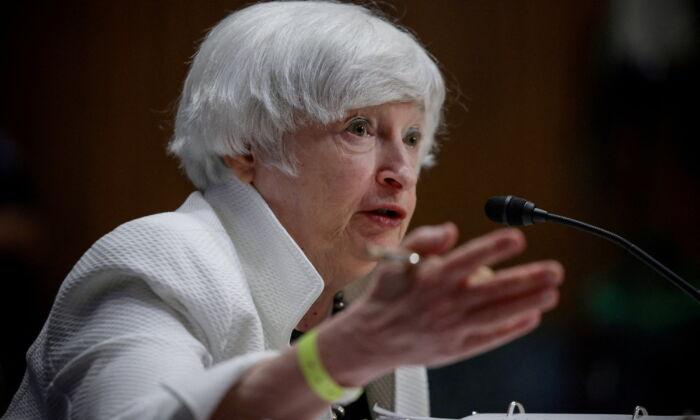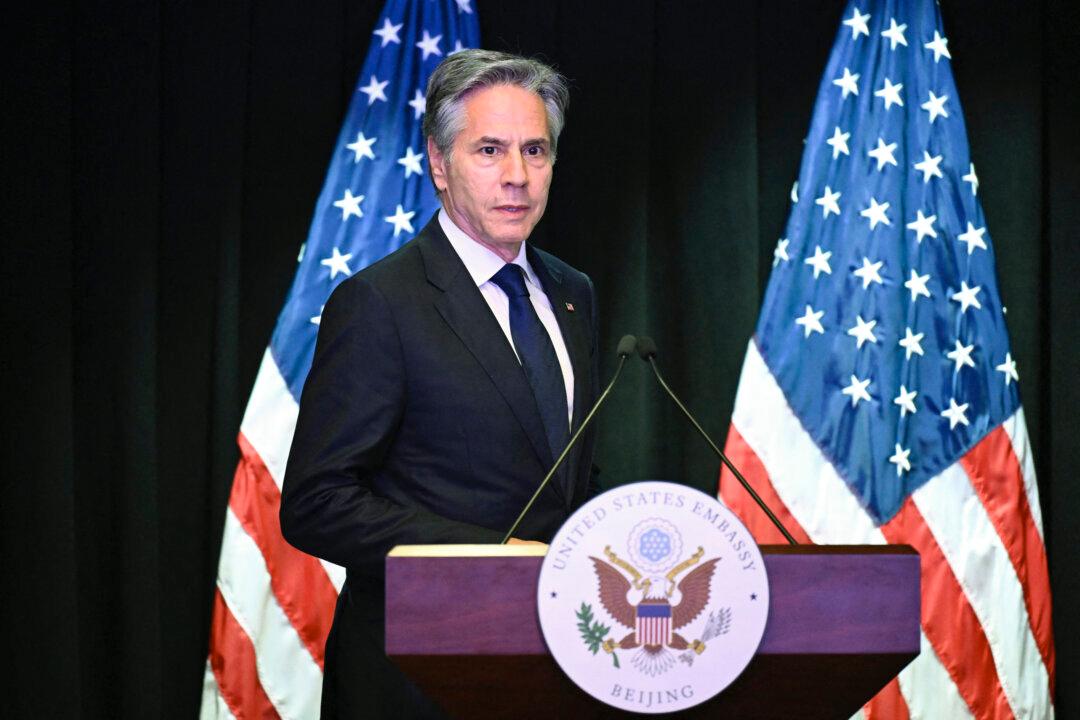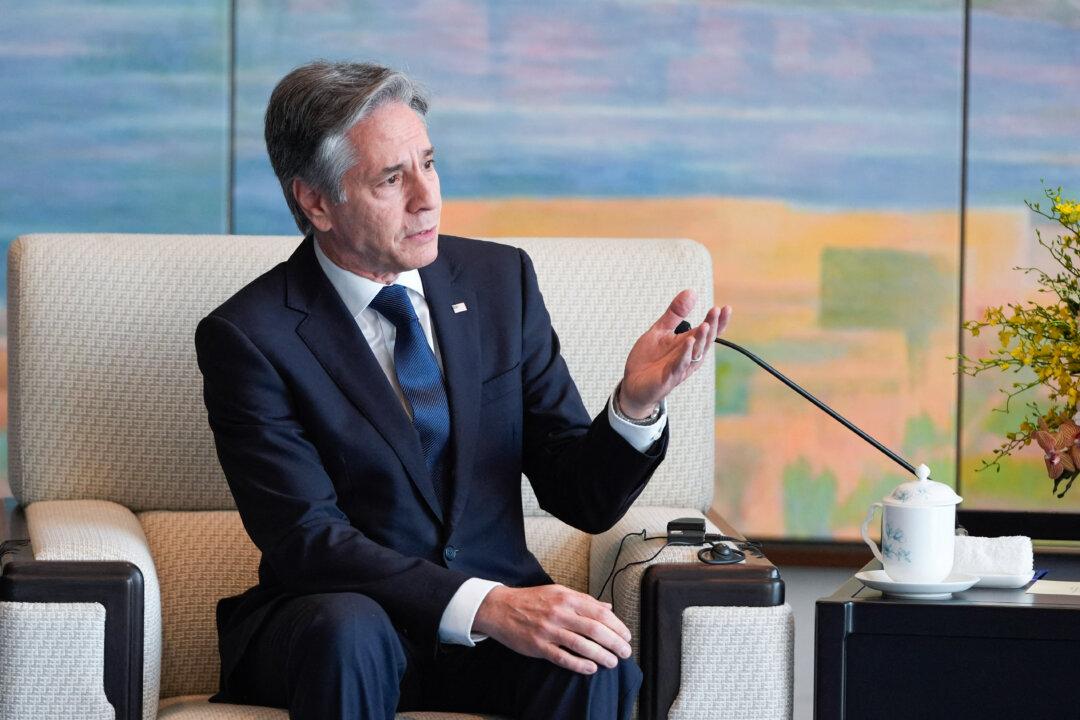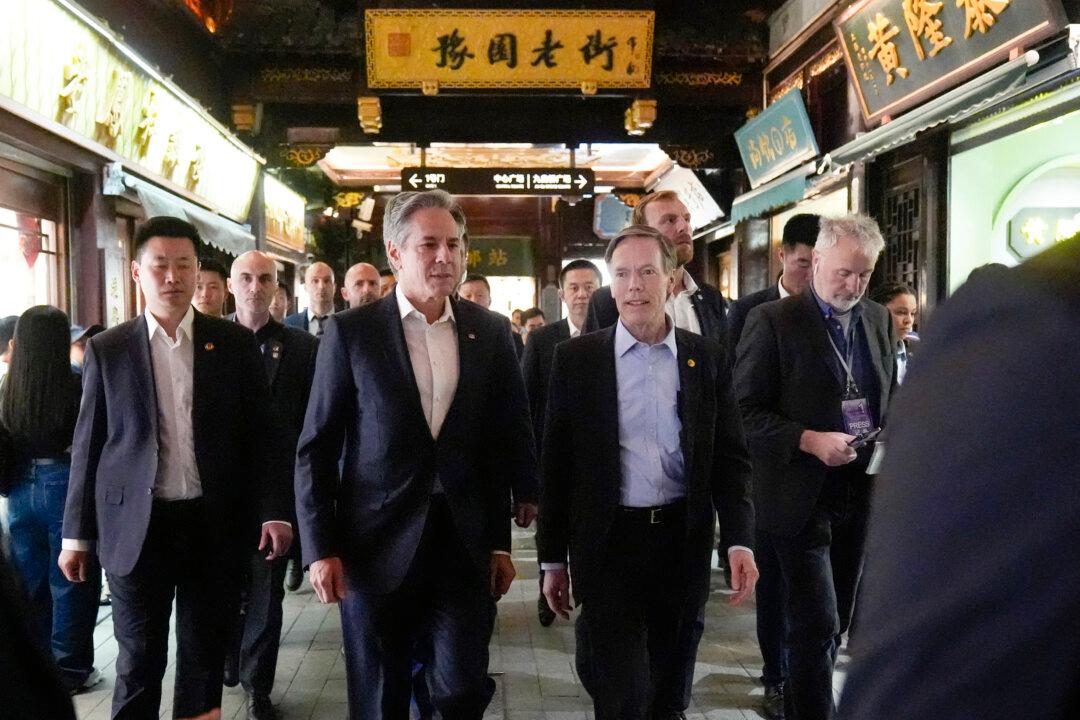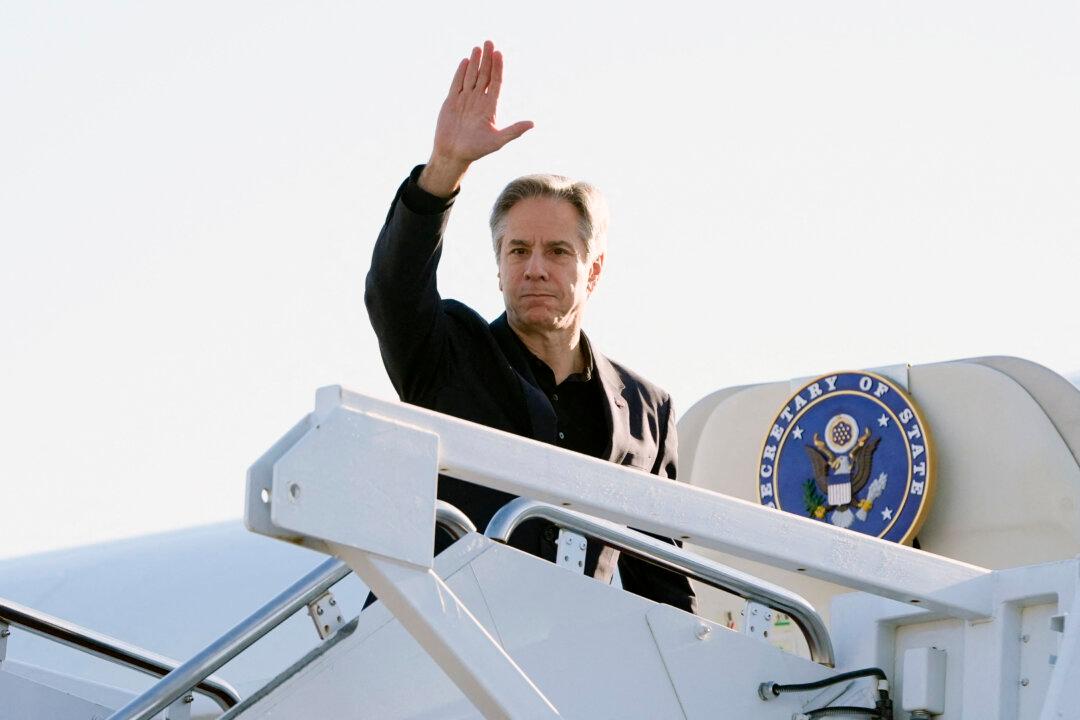U.S. Treasury Secretary Janet Yellen had a “candid and substantive” virtual dialogue with Chinese Vice Premier Liu He, the Treasury Department said.
China Tariffs
The conversation between the senior U.S. and China officials comes after President Joe Biden said last month that he was deciding what to do with Trump-era trade tariffs that are currently imposed on China.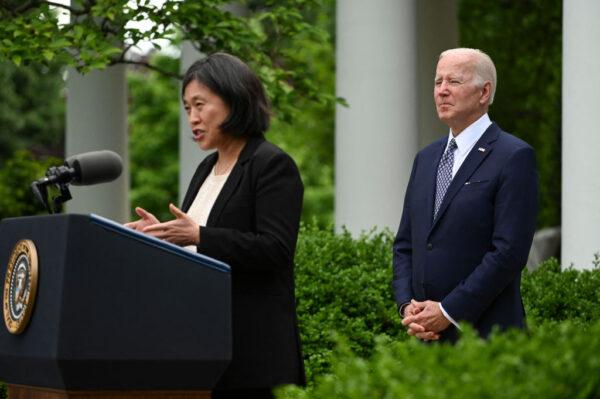
Yellen is among those who say that lifting the tariffs could rein in historical inflation, which hit a 40-year high in May with consumer prices surging by 8.6 percent.
In a June 20 interview with ABC News, Yellen said some tariffs inherited from former President Donald Trump “serve no strategic purpose and raise [costs] to consumers.”
The viewpoint is at odds with that of U.S. Trade Representative Katherine Tai, who questioned the effect of removing more than $300 billion worth of China tariffs to fight inflation.
The Trump administration imposed up to 25 percent tariffs on Chinese imports in 2018 after an investigation concluded that Beijing had engaged in excessive government subsidies, intellectual property theft, and other unfair trade practices. In retaliation, the Chinese regime levied tariffs on about $90 billion of U.S. imports.
U.S. national security adviser Jake Sullivan said on June 27 at the G-7 summit in Germany that Biden and Chinese leader Xi Jinping are expected to speak in the next few weeks.
